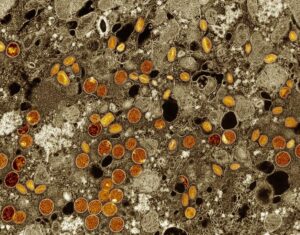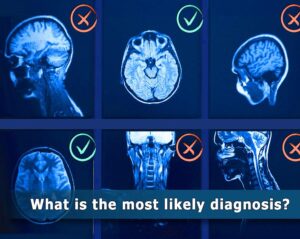— The Bipartisan NAPA Reauthorization Act, Alzheimer’s Accountability and Investment Act, BOLD Reauthorization Act and Lifespan Respite Care Reauthorization Act Pass Unanimously —
WASHINGTON, D.C., March 20, 2024 — The Alzheimer’s Association and the Alzheimer’s Impact Movement (AIM) commend the House Energy and Commerce Committee for unanimously passing the bipartisan NAPA Reauthorization Act (H.R. 619 / S. 133), the Alzheimer’s Accountability and Investment Act (H.R. 620 / S. 134), the BOLD Infrastructure for Alzheimer’s Reauthorization Act (H.R. 7218 / S. 3775), and the Lifespan Respite Care Reauthorization Act (H.R. 6160). These bipartisan bills will grow momentum in the fight against Alzheimer’s and all other dementia by reauthorizing critical laws that are set to expire soon.
“Thank you to the House Energy and Commerce Committee members for passing these bipartisan pieces of legislation today. Together they will build on the progress made in the fight against Alzheimer’s and other dementia over the last decade,” said Robert Egge, Alzheimer’s Association chief public policy officer and AIM president. “The Alzheimer’s Association and AIM are deeply grateful to Chairwoman Cathy McMorris Rodgers and Ranking Member Frank Pallone, Health Subcommittee Chairman Brett Guthrie and Ranking Member Anna Eshoo, and all of the bill sponsors for their dedication to the Alzheimer’s community.”
“I see your pain and struggles, but also your strength and your resilience,” said Rep. Paul Tonko (D-N.Y.) while recognizing his local Alzheimer’s Association advocates. “I look forward to moving forward the National Alzheimer’s Project Act Reauthorization Act, the Alzheimer’s Accountability and Investment Act and the BOLD Infrastructure for Alzheimer’s Reauthorization Act. These are meaningful bills that will bring investments, bring coordination and bring hope to so many Americans that are part of the Alzheimer’s community.”
The NAPA Reauthorization Act would extend the National Alzheimer’s Project Act (NAPA) (P.L. 111-375), a landmark piece of legislation signed into law in 2011. NAPA fundamentally changed the way our nation addresses Alzheimer’s and other dementia and led the way for additional policy victories.
The Alzheimer’s Accountability and Investment Act builds on the original Alzheimer’s Accountability Act, which was first enacted in 2014, to ensure Congress continues to hear directly from scientists at the National Institutes of Health (NIH) on what resources are needed to prevent and effectively treat Alzheimer’s disease.
The BOLD Reauthorization Act would reauthorize the Building Our Largest Dementia (BOLD) Infrastructure for Alzheimer’s Act (P.L.115-406) and empower public health departments to continue improving brain health across the life course and supporting caregivers in their communities.
The original BOLD Act has been essential to creating and growing a public health infrastructure for dementia across the country. Through the law, the Centers for Disease Control and Prevention (CDC) has provided funding to state, local and tribal public health departments to help them implement effective dementia interventions such as reducing risk, increasing early detection and diagnosis, and supporting the needs of caregivers.
With these critical laws set to expire soon, reauthorization is urgently needed. The Association and AIM urge swift action by the full U.S. House and Senate to pass these critical, bipartisan bills.
About the Alzheimer’s Association
The Alzheimer’s Association is a worldwide voluntary health organization dedicated to Alzheimer’s care, support and research. Our mission is to lead the way to end Alzheimer’s and all other dementia — by accelerating global research, driving risk reduction and early detection, and maximizing quality care and support. Our vision is a world without Alzheimer’s and all other dementia®. Visit alz.org or call 800.272.3900.
Alzheimer’s Impact Movement
The Alzheimer’s Impact Movement (AIM) is a separately incorporated advocacy affiliate of the Alzheimer’s Association. AIM works to develop and advance policies to overcome Alzheimer’s disease through increased investment in research, enhanced care and improved support. For more information, visit alzimpact.org.













Post Comment